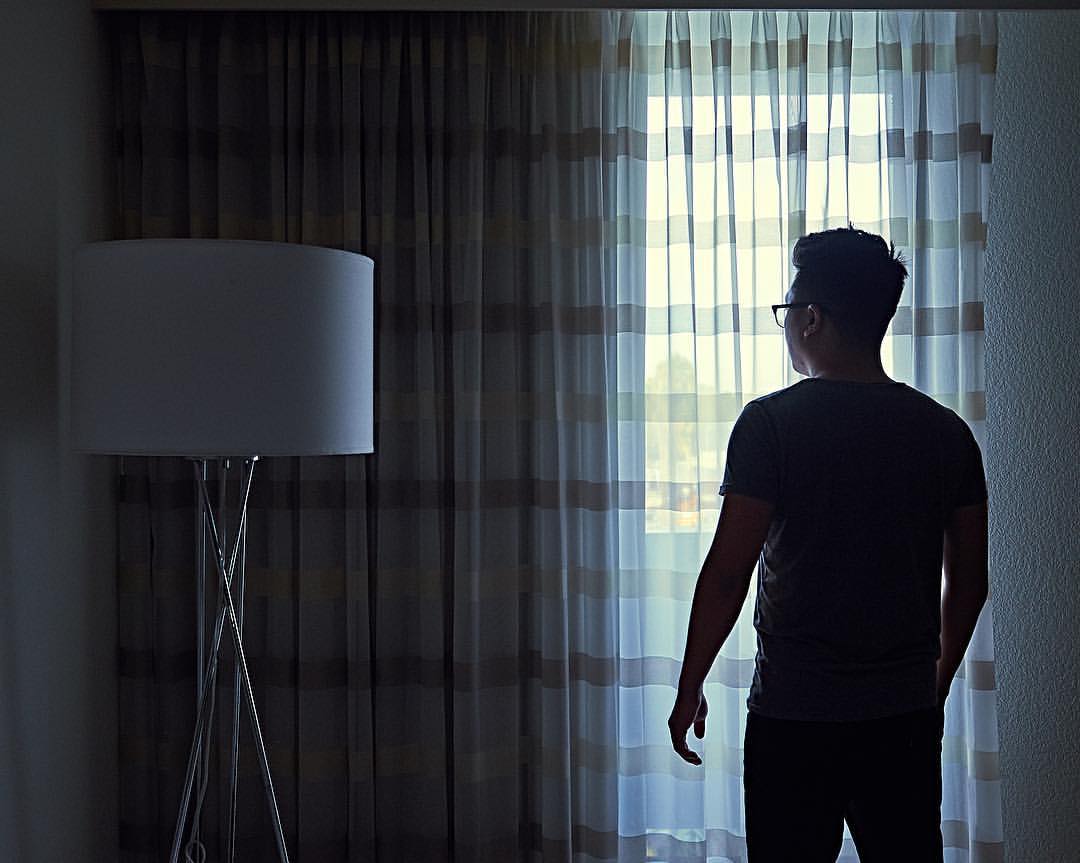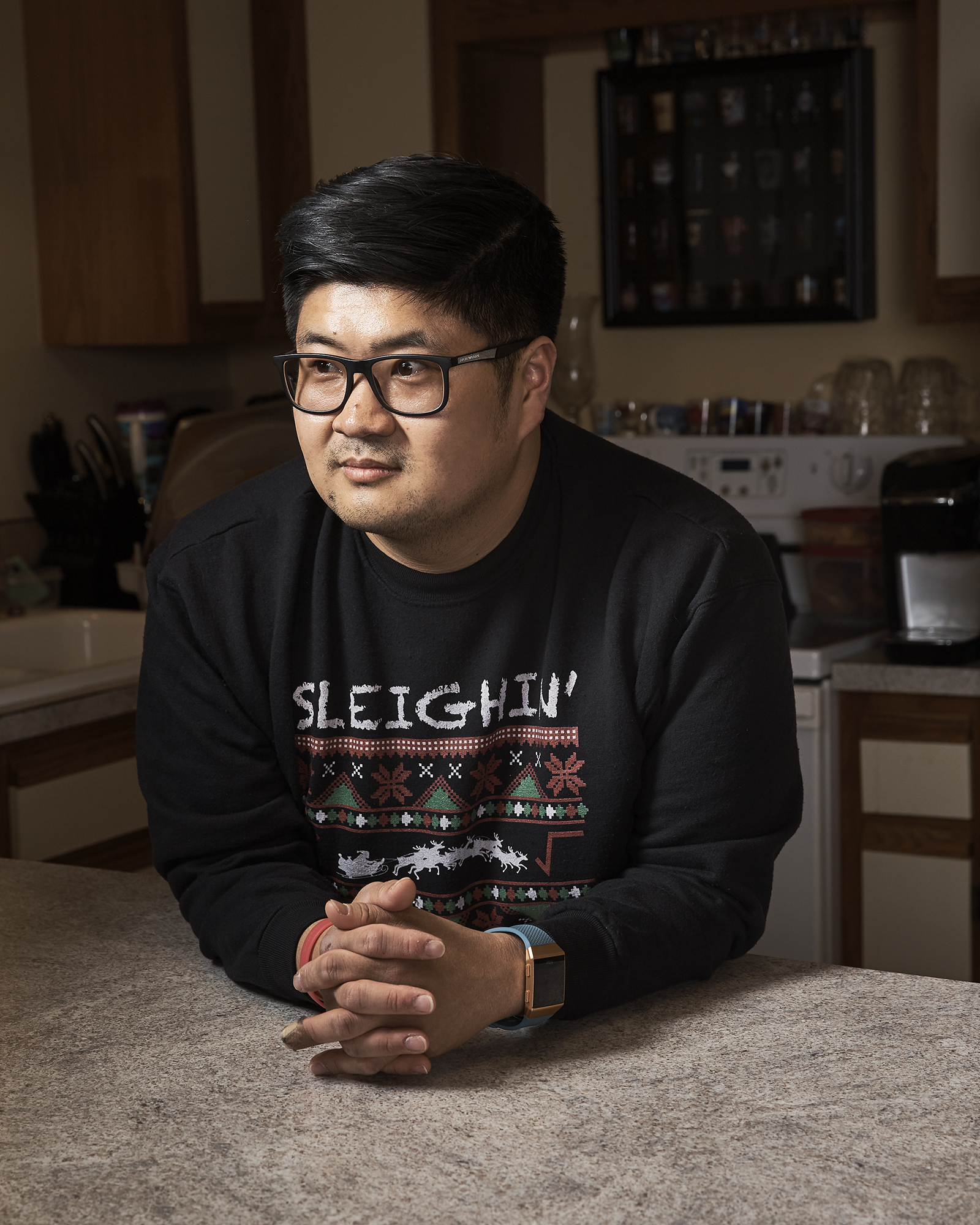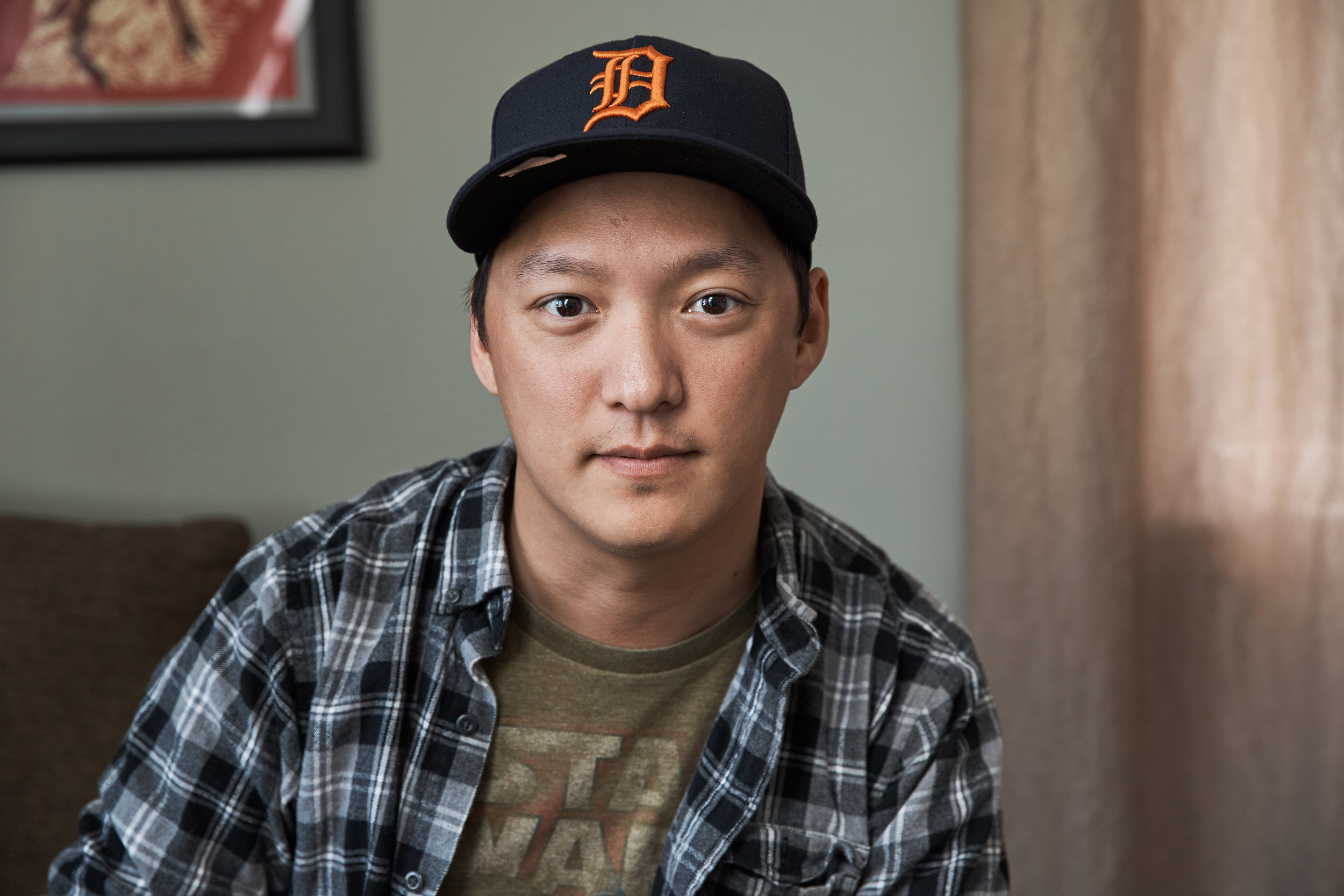I met Jessie in 2019. Her energy and charisma makes her loved by many and I’m excited to share her adoption story with you. Jessie has an amazing family and travels back and forth between Michigan and the East Coast.
The story of my adoption begins roughly around age 8 in rural Korea. My mother and I had lived on and off the streets to a boarding house in Seoul up until I was about 8 years old at which time she took me to meet my grandmother( her mother) in the country. I had never met her before, she was a very stern, fierce woman who I doubt weighed more than 90 lbs. It was my birthday and after we celebrated with home made som pyon( Birthday dumplings) my mom said she had to run to the store... I didn’t see her again until I was at St.Vincents Orphanage ready to be adopted to America at age 12. I went to the bus stop where the only store in town was and looked for her every day for about a week until my grandmother informed me that she would not be coming back and I was to be with her now. She enrolled me in school, I had never been but my mom had taught me how to read , write, math, etc. it was incredibly difficult as I am half black too so the ridicule & humiliation for being biracial was horrific.... so bad that my grandmother concluded I needed to be adopted to America for a better future. Now I believe she also had suspected my uncle( who lived with us in 1 room)molesting me and I suspect it was her way of “saving”me.
I got adopted at the age of 12 to a white family with 2 biological boys who were 2 and 4 years younger than me in Grand Rapids, Mi. Right away my adoptive mother was disappointed with me with my curly hair and dark skin that didn’t match her ideas of having a “Korean” child. She took me right away to get my hair straightened at a black hair salon where back then lye was used which burned my scalp terribly... I didn’t understand any English so all I got out of that was that I wasn’t good enough the way I came... just like I wasn’t good enough to stay with my mom or Grandmother.
My adoptive mother was particularly abusive emotionally and physically... I’m sure I gave her many reasons to hate me being practically a teenager who had been consistently “thrown away” and told my looks were not good enough all of my life...she would insist I be a cheer leader, play in band, participate in everything ... she would pick out my clothes, hair style( she began cutting it herself after awhile) down to the nail polish.... would tell me on a regular basis how I would have been in the gutter like my birth mother if they hadn’t adopted me... that I was a big “sore thumb “ in my birth Mother’s life which is why she sent me away...My adoptive father was kinder in the beginning but a physical altercation between adoptive mother and me when I was 19 had him cornering me in the family kitchen( he’s a big guy, over 6ft for sure) saying “If you ever touch my wife again you’re out of here” I left that week in a snow storm with $170 in my bank account, haven’t been back since.
As far as stories of other Korean adoptees or anyone to relate to growing up there was no one... there was 1 other girl in my grade at school who was 100 percent Korean and adopted but she was an infant when they adopted her and their family dynamic was much more positive as far as I know... we were friends for a time, cheerleading camps, band camps and things like that but our lives were just too different for us to relate on that level.
As far as keeping my heritage alive, there was kimchi at a shower my aunt gave for me when I first arrived... and every now and then my parents would buy it because they liked it too but that was about it.
My 2 brothers and I got along well enough but we never became close the way siblings are... it was always very clear that I didn’t look like them, I was not like them, I would never be one of them.... people would comment to my mother about my smile she would respond by saying “ at least she’s got good teeth”
I would want to hold her hand and she wouldn’t allow it for fear people thinking we were a same sex couple... I didn’t fully understand back then( I was still learning English) Now of course I understand but still feel like it was shitty thing for someone who signed up to be a mother to an adolescent to do to a kid.
My birth mother..... ahhhhh!!! I have such deep love as well as deep resentment for her which I suppose I need to eventually spend some therapy money on.
My love for her is deep still because I never felt that she didn’t want me which is why it was such a shock she left me there with my grandmother the way she did.... she taught me so much and if we ever had abundance of anything she gave it to me first. I never doubted her love for me or that she thought I was brilliant.
Resentment came later because as I grew up, got married and became a mother myself it was impossible to imagine doing to my kids what she did to me.... I found her when I was in my early 20s, went to Korea and spent 2 weeks with her, her husband & my half brother( who she spoiled rotten which made me sick)
We went to the country and saw my grandmother who was home bound because of broken a leg that never got fixed.... it was fascinating because the people in the village who regularly humiliated me for being mixed were basically throwing me a parade.... now that I was a “rich” American( who drive the rental car there) I was so pretty, so smart, so wonderful... bittersweet like I said.
My mother and I tried to stay connected but the older I got, more entrenched I became in motherhood with 3 biological daughters and 1 adopted son, I just couldn’t pretend there was no damage to me by her.... I gradually stopped answering her calls after she refused to come to America when my 2nd child was born.... I kept telling myself I would get back to her when I got stronger in my heart and mind about her but I just never did... real life kept kicking my ass and I just didn’t have it in me to deal with her on top of it all with her limited English and my growing resentment.
I stay connected to my Korean heritage mainly through food... I have a whole area in my kitchen that’s dedicated to Korean food with “Kimchi refrigerator drawers” where I keep all the pan jan... the cabinets in that area consist of all Korean spices, snacks & other groceries... the kids and I make a point to visit Korea Town whether we are in New York or the west coast.... I force my American friends to try all my Korean recipes, it’s my comfort when I’m sad, sick, happy, etc...lol.
I’ve been back to Korea a few times since my visit with my mom but just haven’t made the effort to re connect... safe guarding my heart I suppose. Back when I first found her and had returned back to the states I went to Hudson’s and bought her a whole bunch of clothes and things I thought she would like.... later she told me she sold it all for $200... I probably spent $2000!!!! I just felt like I couldn’t trust her and now I just don’t want that door open.
I wish people would understand not all of us adoptees from Korea or anywhere else for that matter are sooooo “lucky we got adopted” I wish they understood that we were human beings already when we got here and our past is just as important as our present.... and in order for our future to be worth anything ALL of our experiences have merit and deserve understanding and attention.... even when we are not the perfectly well behaved little spelling bee champions who become homecoming queens.
You can not erase a child’s past no matter how hard you try and you’ll only traumatize the child more by denying them information on who they are and giving your editorial on how they should be so grateful.
The advice I would give to an adopted child is this:::: you have been given this extraordinary opportunity to write your own history and your own script for the rest of your life... your adoption is a part of you yes but it is not the thing that defines you... YOU define YOU, YOU choose the road you’re traveling and your self worth, your sense of being needs to start with YOU. How and WHY you were given up by your birth mother is irrelevant... make your own road and don’t let up on the gas ever!
Oh and speak UP when someone says something insensitive to you, chances are that they’re ignorant and just plain don’t know.... make the world a better place and teach them, and stand up for yourself always because you are teaching other people how to treat you every day.
Choose those who understand your demons and are willing to love you through your battles and be solid on your own damn self that when even the good ones fuck up.... you have the balls to tell them. Navigate the world with an open heart, be consistent with your word and above all love you like no one else ever has.️








































